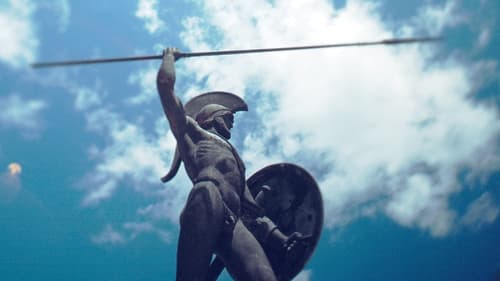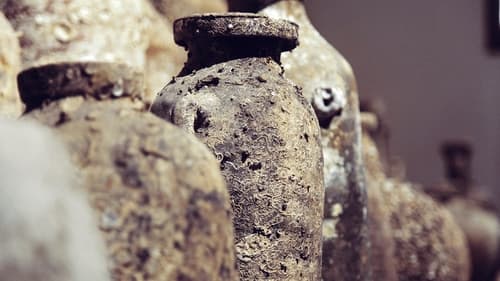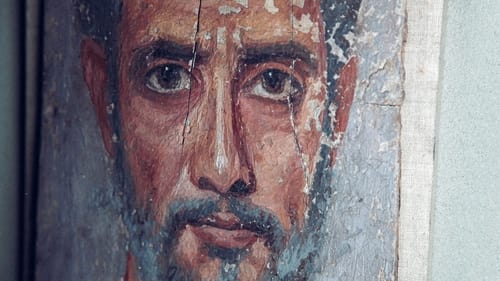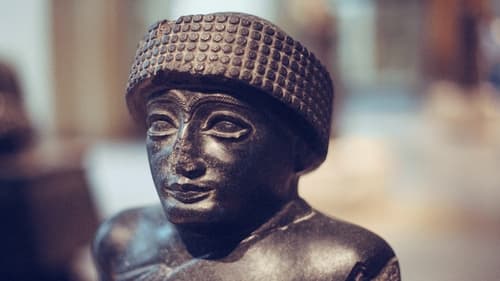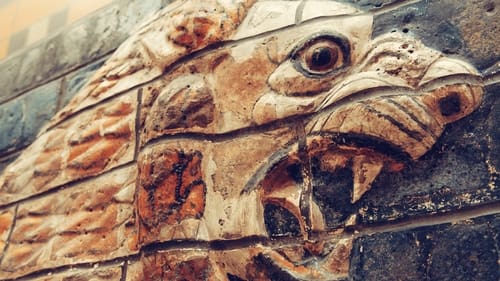
Documentary

The Worst Episodes of Ancient Worlds
Every episode of Ancient Worlds ranked from worst to best. Explore the Worst Episodes of Ancient Worlds!

The Worst Episodes of Ancient Worlds
Documentary
Every episode of Ancient Worlds ranked from worst to best. Explore the Worst Episodes of Ancient Worlds!
Archaeologist and historian Richard Miles traces the development of Western civilization, from the first cities in Mesopotamia to the fall of the Roman Empire. In...
Seasons1
Worst Episodes Summary
"Return Of The King" is the worst rated episode of "Ancient Worlds". It scored 7.1/10 based on 25 votes. Directed by Tim Dunn and written by Unknown, it aired on 12/1/2010. This episode scored 0.3 points lower than the second lowest rated, "The Greek Thing".

